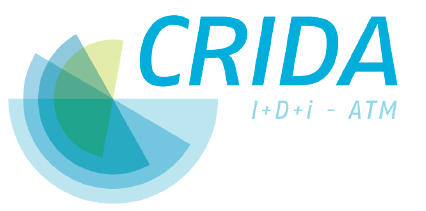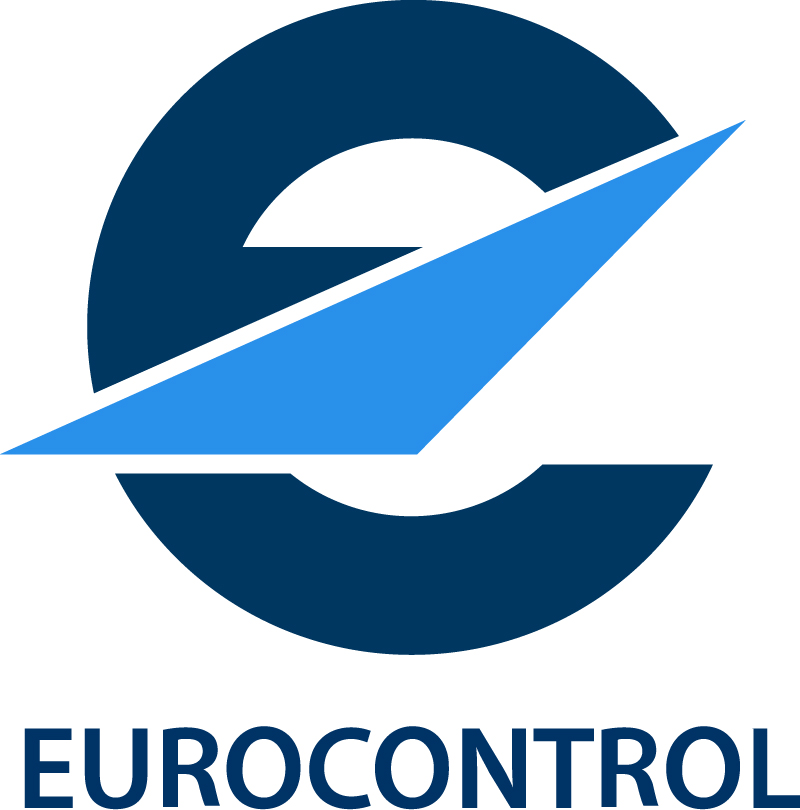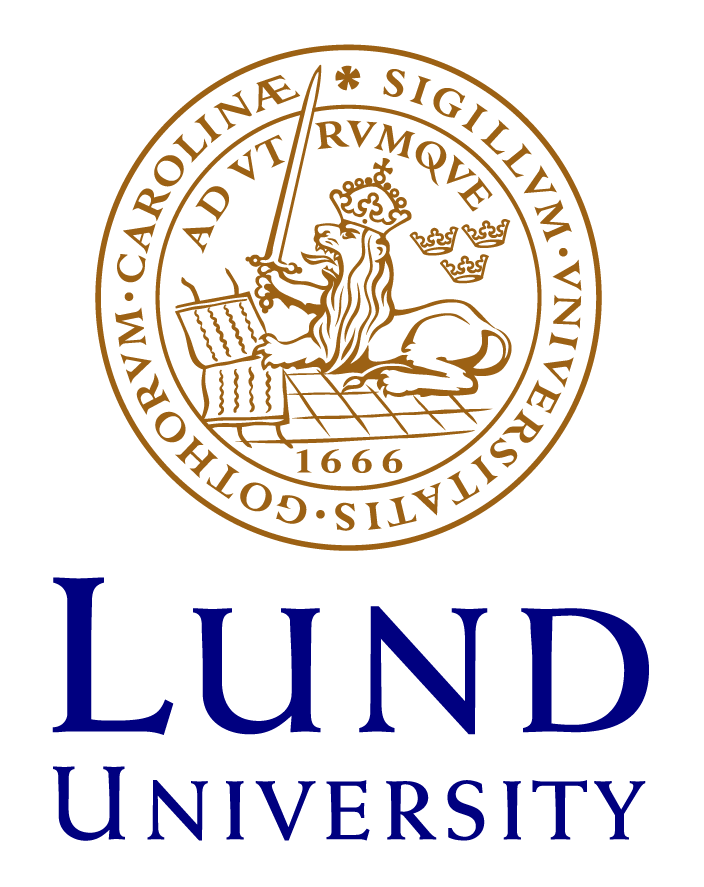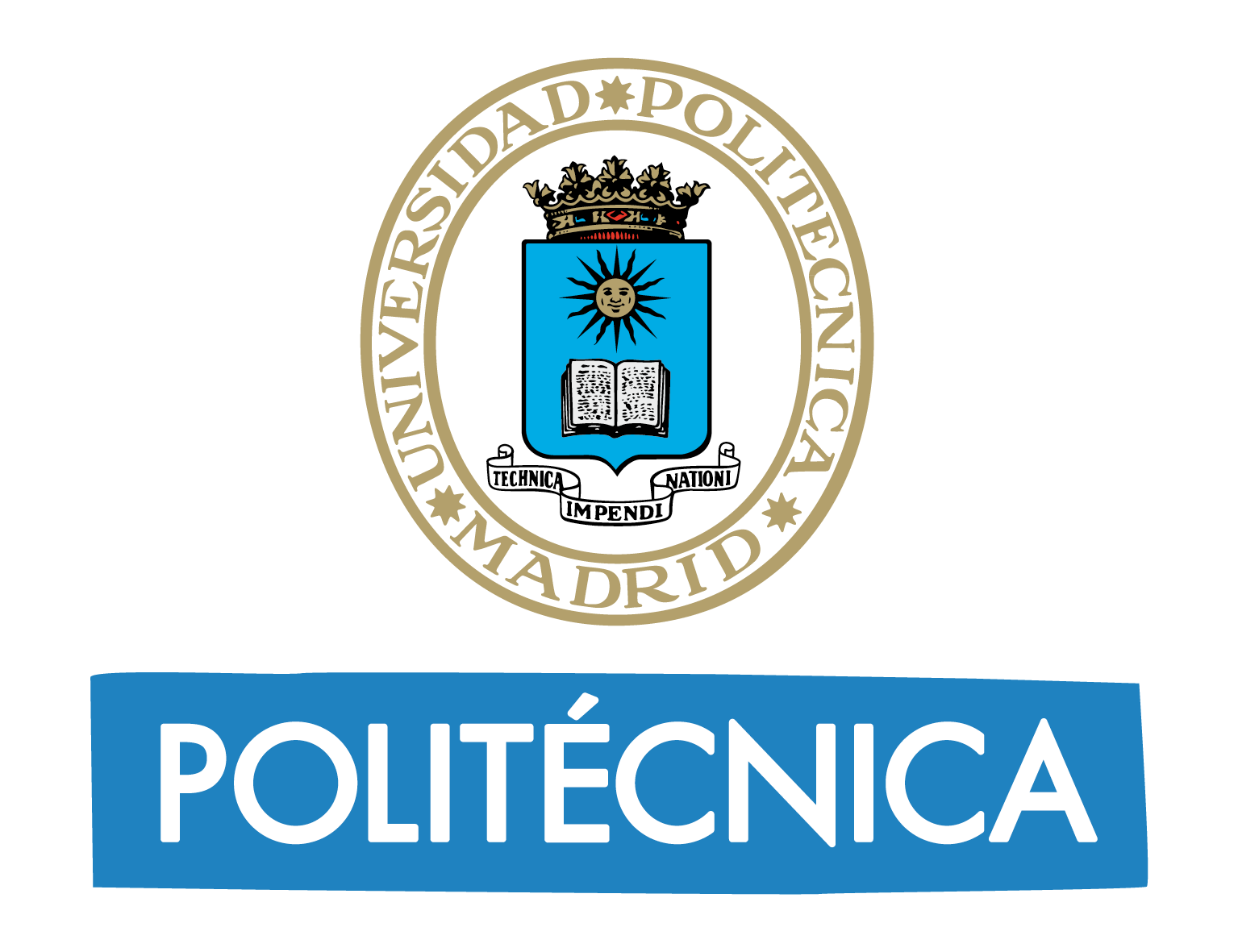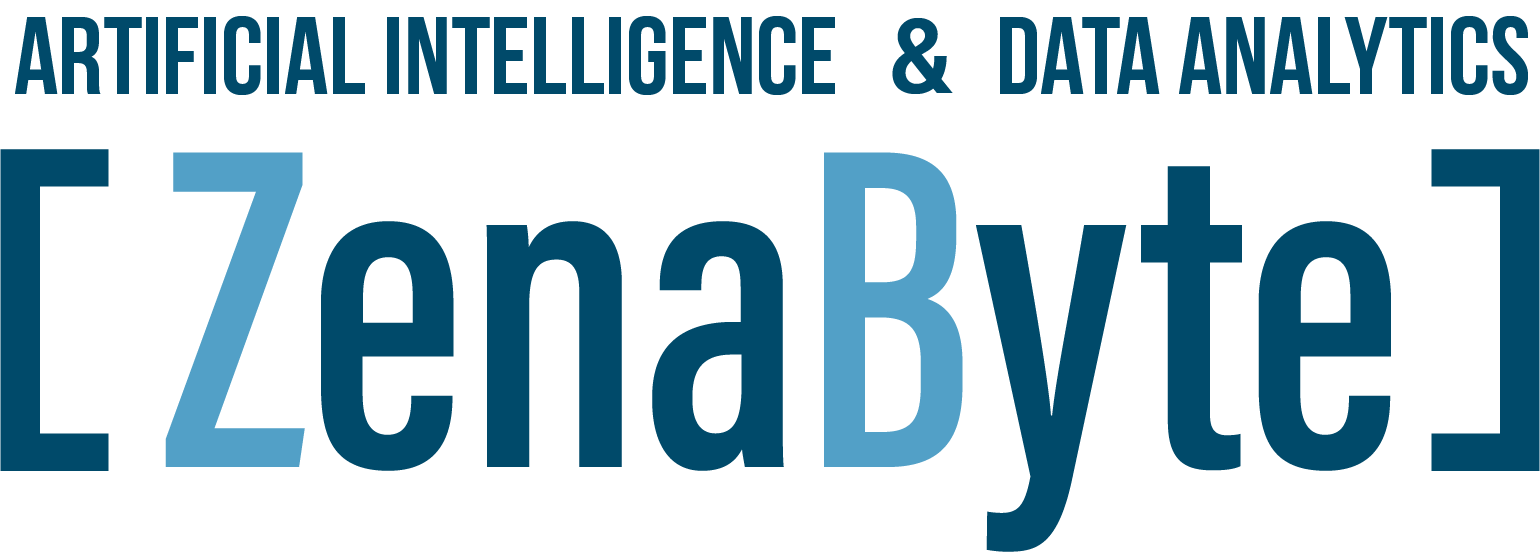saFety And Resilience guidelines for aviatiOn
FARO
FARO is a SESAR Exploratory Research 4- funded project. FARO stands for “saFety And Resilience guidelines for aviatiOn” and it comes from the Latin word for lighthouse, as an ancient sign of safety in transport. This project addresses the evaluation of the impact of new automation solutions on resilient performance and safety. To do this, it is necessary to know how the safety is provided and produced by the ATM system, before and after a change in the ATM system is deployed.
The main objective of this project is to contribute to the extant knowledge of safety and resilience of the ATM system by providing design guidelines to apply FARO’s approach and identifying areas of improvement and future research needs as well. The FARO methodology mixes knowledge-based and data-driven approaches, aiming at facilitating a predictive perspective on safety by generating safety performance functions and defining the impact on resilient performance of automation solutions.

